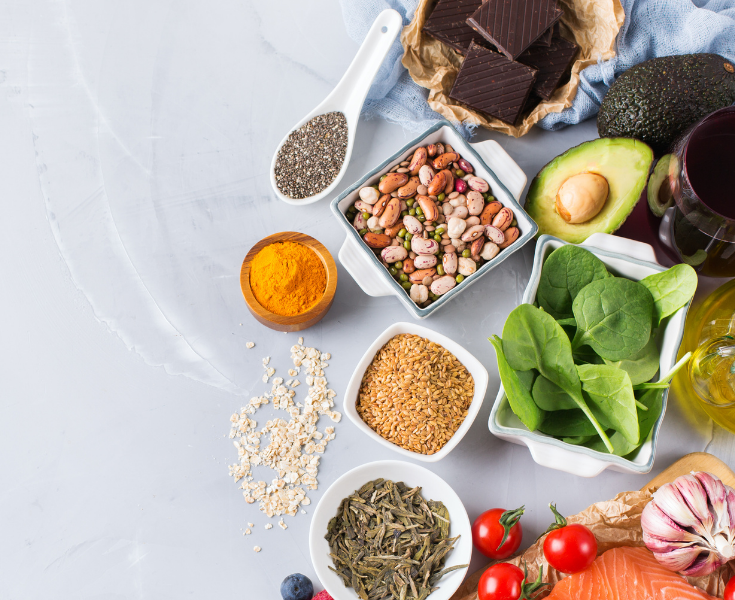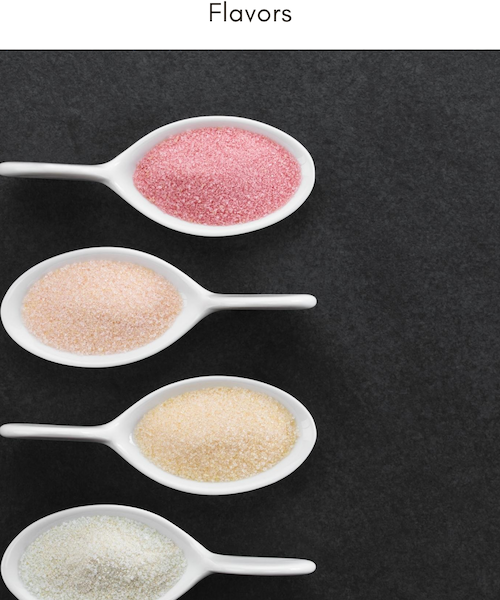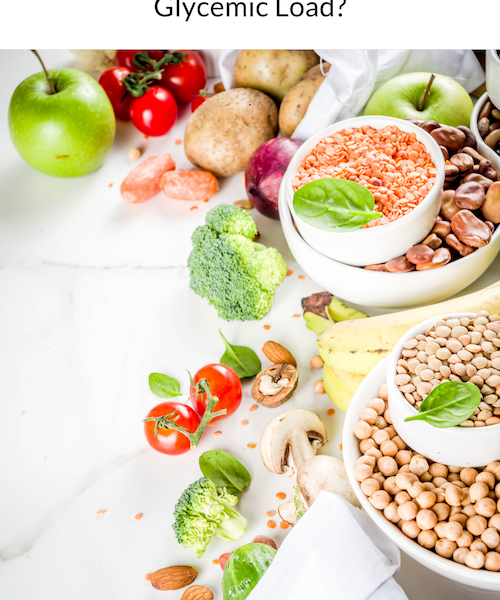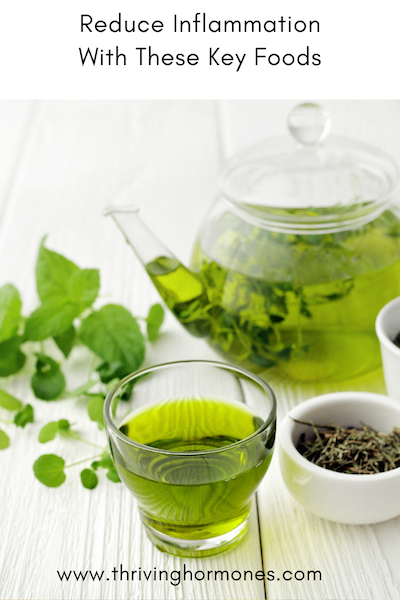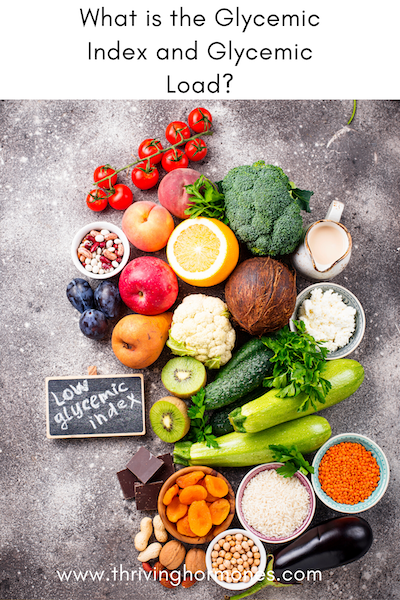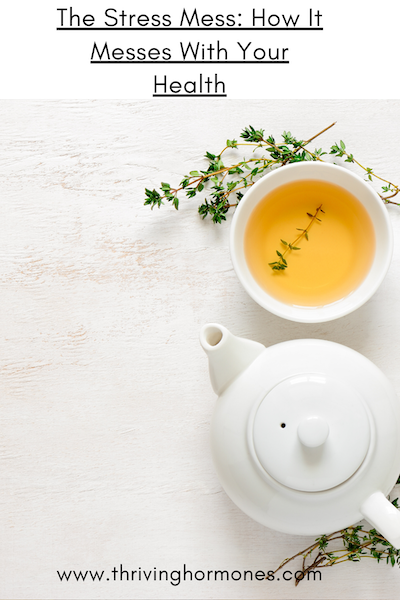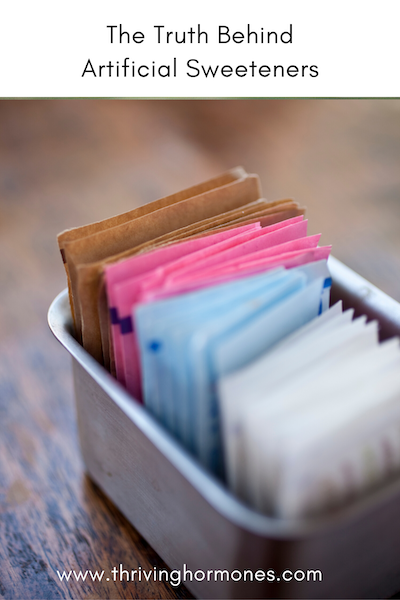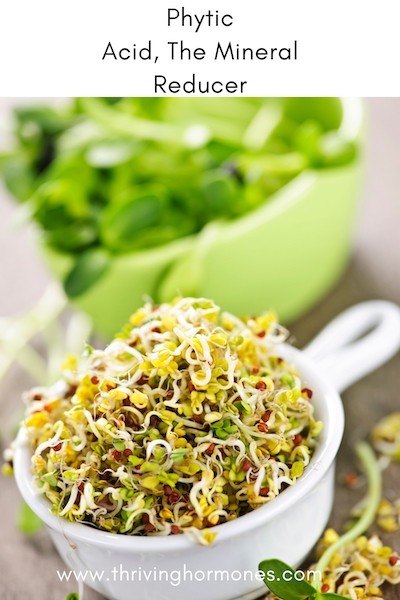Thriving Hormones - Nutritionist Services
The Optimal Foods to Eat For Breakfast When You’re in Menopause
During menopause, women tend to gain weight. While this isn’t great it’s pretty common and there are many reasons why. Two reasons why women gain weight during menopause… Reason #1 Reduced muscle mass. Muscle mass uses energy (burns calories) so when we have less of it the body burns less energy overall, leading to weight gain. Unfortunately, this weight gain may appear as increased belly fat. Reason #2 During menopause there is an increase in the hunger hormone “ghrelin”. With an increase in this hormone comes the tendency is to feel hungrier. Menopause also decreased the “satiety” hormone “leptin” […]
Bye Bye Sleeping Through the Night
Have you said “bye bye” to sleeping through the night? Are you feeling exhausted or “running on stress hormones” all day? Do not fear, I have some great tips (and an amazing recipe) for you! The science of sleep is fascinating, complicated and growing Sleep is this daily thing that we all do and yet we’re just beginning to understand all of the ways it helps us and all of the factors that can affect it. Lack of sleep affects just about everything in your body and mind. People who get less sleep tend to be at higher risk […]
The Real Deal About Artificial Flavors
Let me ask you this: Have you looked at the ingredients on a food label lately? How about a “processed” food label; like famous brands of cookies, cereals, or junky snack foods? Do you have those ingredients in your house? Do you even know what all of those ingredients are? There are a ton of artificial, chemical, “junky” ingredients in foods these days. If you see an ingredient called “artificial flavor,” what exactly is it? For the most part, it’s a secret! Seriously! Big food companies don’t want their proprietary flavors to be known, so they’re allowed to say […]
What is the Glycemic Index and Glycemic Load?
Glycemic this and glycemic that. Does it matter? You’ll notice that they both begin with “glycemic.” That’s one tip that they have to do with sugars and carbs. Not only how much sugar is in foods, but more importantly, how it affects your blood sugar levels. In general, diets that are high on the glycemic index (GI) and high in glycemic load (GL), tend to increase the risk of diabetes and heart disease. FUN FACT: Starches like those in potatoes and grains are digested into sugar; this is because starch is just a bunch of sugars linked together. Digestive enzymes […]
Reduce Inflammation With These Key Foods
Inflammation. It’s not just for health headlines. It’s a fact. Scientists are measuring levels of inflammation in our bodies and finding that it can be pretty bad for our health; this is especially true when it’s chronic (i.e. lasts a long time). Inflammation has been linked to obesity, heart disease, Alzheimer’s, and diabetes, just to name a few. But, instead of writing all about what it is, how it’s measured, and where it comes from; why don’t I focus on some foods packed with anti-inflammatory antioxidants that are proven to help reduce it? Here are my top anti-inflammatory food […]
What is the Glycemic Index and Glycemic Load?
Glycemic this and glycemic that. Does it matter? You’ll notice that they both begin with “glycemic.” That’s one tip that they have to do with sugars and carbs. Not only how much sugar is in foods, but more importantly, how it affects your blood sugar levels. In general, diets that are high on the glycemic index (GI) and high in glycemic load (GL), tend to increase the risk of diabetes and heart disease. FUN FACT: Starches like those in potatoes and grains are digested into sugar; this is because starch is just a bunch of sugars linked together. […]
The Stress Mess: How It Messes With Your Health
We all have some level of stress, right? It may be temporary (acute), or long-term (chronic). Acute stress usually won’t mess with your health too much. It is your body’s natural reaction to circumstances, and can even be life-saving. Then, when the “threat” (a.k.a. “stressor”) is gone, the reaction subsides, and all is well. It’s the chronic stress that’s a problem. You see, your body has specific stress reactions. If these stress reactions are triggered every day or many times a day that can mess with your health. Stress (and stress hormones) can have a huge impact on your […]
The Truth Behind Artificial Sweeteners
You probably know the negative health effects of eating too much sugar, especially “added sugars” like in soda pop, candy, baked goods, and many commercially-available cereals, just to name a few. Added sugar is hiding just about everywhere in the grocery store. Yes, ingesting refined sugar spikes your blood sugar and insulin, and increases your risk for a whole host of issues. A while ago, one of the food industry’s responses to the demand for lower-calorie foods that still taste great, was artificial sweeteners. The idea behind them is that you can still get the sweetness, without the calories; […]
Mindfulness and Meditation…Do They Really Work?
Well…yes, they do really work. The fact is, science shows definite health benefits for people who use mindfulness and meditation. Before we dive in, let’s just make sure we’re on the same page when we say “mindfulness” and “meditation.” “Meditation” is the ancient practice of connecting the body and mind to become more self-aware and present. It’s often used to calm the mind, ease stress, and relax the body. Practicing “mindfulness” is one of the most popular ways to meditate. It’s defined as “paying attention in a particular way, on purpose, in the present moment, non-judgmentally.” Mindfulness meditation is […]
Phytic Acid, The Mineral Reducer
Do you soak or sprout your nuts, seeds, grains, and legumes? Is it to help improve their digestibility? To help increase their nutrition? Perhaps, it’s to reduce phytic acid? Phytic acid is naturally present in most nuts, seeds, grains, and legumes; it is the plant’s storage form of the mineral phosphorus and is used as energy when the plant starts to grow. The highest levels of phytic acid are found in rice bran, wheat bran, wheat germ, almonds, and walnuts. Phytic acid and minerals Have you heard of phytic acid being referred to as an “anti-nutrient?” Phytic acid binds […]

